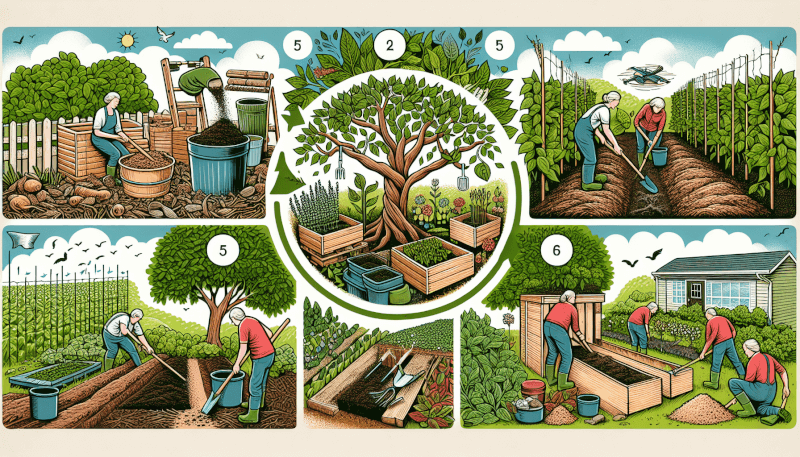If you’re looking to enhance the health of your garden soil, we’ve got you covered! In this article, we will explore five easy and budget-friendly DIY projects that will transform your soil into a thriving environment for your plants. From composting to building raised beds, each project will not only improve the quality of your soil but also boost the overall productivity and success of your garden. So grab your gardening gloves and get ready to embark on a fun and rewarding journey to unleash the full potential of your soil!
1. Composting

1.1 Benefits of composting
Composting is a fantastic way to improve the health of your garden soil, while also reducing waste and helping the environment. When you compost, you are transforming organic materials, such as kitchen scraps and yard waste, into nutrient-rich compost that can be used to enrich your soil. The benefits of composting are numerous. Firstly, compost improves soil structure, allowing for better water retention and drainage. It also enhances soil fertility by providing essential nutrients and micronutrients to plants. Additionally, compost helps to suppress plant diseases and pests, reducing the need for chemical pesticides. Overall, composting is a natural and sustainable way to improve the health of your garden soil.
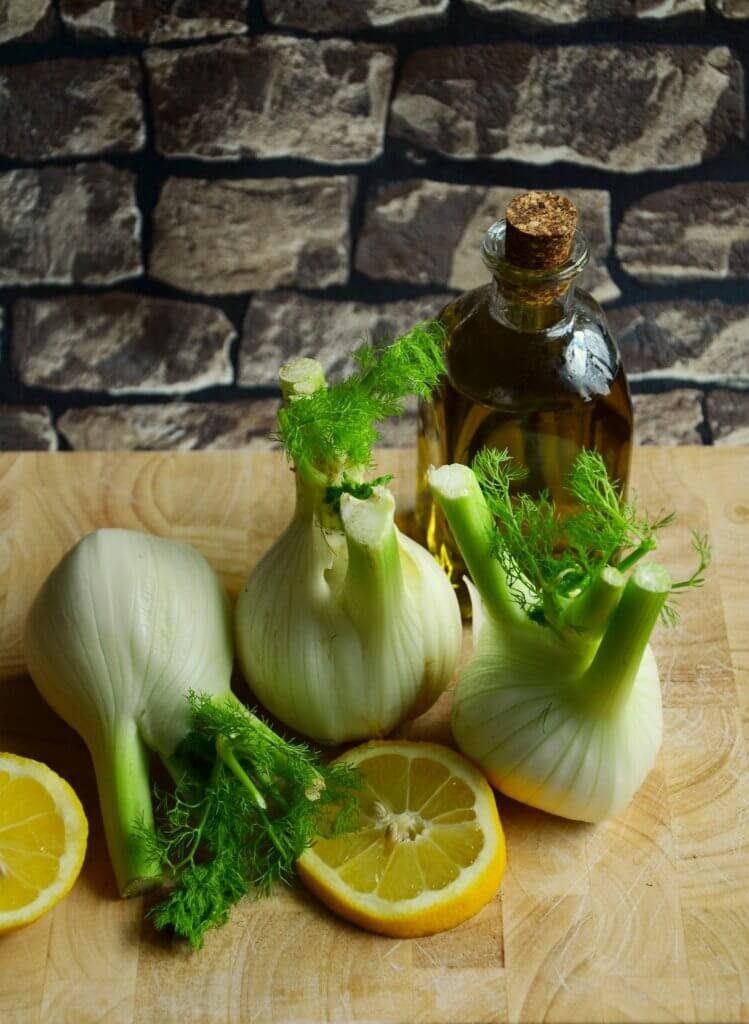
1.2 Types of composting
There are several different methods of composting that you can choose from, depending on your specific needs and available space. Some of the most common types of composting include:
Backyard Composting: This method involves creating a compost pile or using a compost bin in your backyard. You simply add organic waste, such as fruit and vegetable scraps, grass clippings, and leaves, to the pile or bin, and allow it to decompose over time.
Vermicomposting: Vermicomposting utilizes earthworms to break down organic materials into nutrient-rich compost. This method is particularly great for apartment dwellers or those with limited outdoor space, as it can be done indoors using a specially designed worm bin.
Bokashi Composting: Bokashi composting is a fermentation process that takes place in an airtight container. It involves fermenting organic waste with the help of beneficial microorganisms, which quickly break it down into nutrient-rich compost.
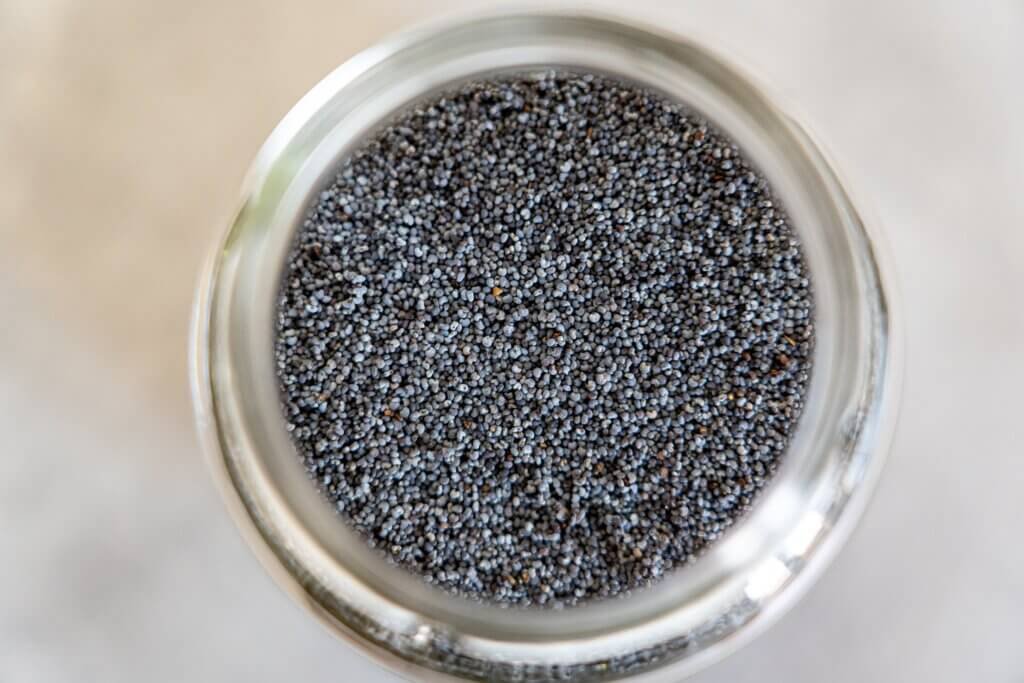
1.3 DIY compost bin
Creating your own compost bin is a fun and cost-effective way to start composting. You can make a simple compost bin using basic materials that you may already have at home. Here’s a step-by-step guide to building your own DIY compost bin:
Choose a location: Find a convenient spot in your yard or garden for your compost bin. Ideally, it should be easily accessible, but not too close to your house to avoid any potential odors.
Gather materials: You will need four wooden pallets or wire mesh to create the walls of your compost bin. You can also use bricks or cinder blocks if you prefer. Additionally, you will need some nails or zip ties to secure the walls together.
Set up the walls: Arrange the wooden pallets or wire mesh in a square or rectangular shape, leaving one side open for easy access. Secure the walls together with nails or zip ties to ensure stability.
Add a lid (optional): If you want to keep pests out of your compost bin, you can attach a hinged lid using more pallets or plywood. This will also help to retain moisture and regulate temperature.
Start composting: Begin adding kitchen scraps, yard waste, and other organic materials to your compost bin. Remember to turn the compost regularly to help with decomposition.
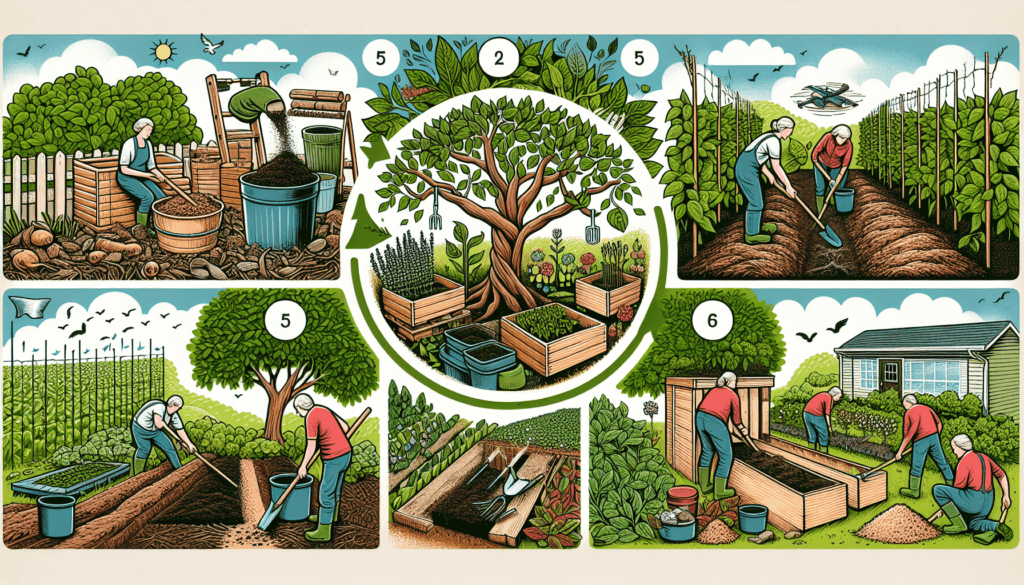
1.4 Composting techniques
To ensure successful composting, it’s important to follow a few key techniques. Here are some tips to help you get the most out of your composting process:
Balance the ingredients: Aim for a good balance between “green” materials, such as fruit and vegetable scraps, grass clippings, and coffee grounds, and “brown” materials, such as dried leaves, wood chips, and straw. This balance will provide the right carbon-to-nitrogen ratio for optimal decomposition.
Chop or shred large materials: Breaking down large or bulky materials into smaller pieces will help speed up the composting process. Use a shredder or simply chop them up with a garden tool.
Turn the compost regularly: Turning the compost every few weeks will help aerate the pile and distribute moisture and heat evenly. This will accelerate decomposition and prevent the formation of bad odors.
Maintain the right moisture level: Your compost pile should be moist but not wet. If it starts to dry out, add water. If it becomes too wet, mix in dry materials like shredded leaves or newspaper.
Be patient: Composting takes time, usually several months to a year, depending on factors such as temperature and the size of your compost pile. Regularly monitoring and maintaining your compost pile will ensure the best results.
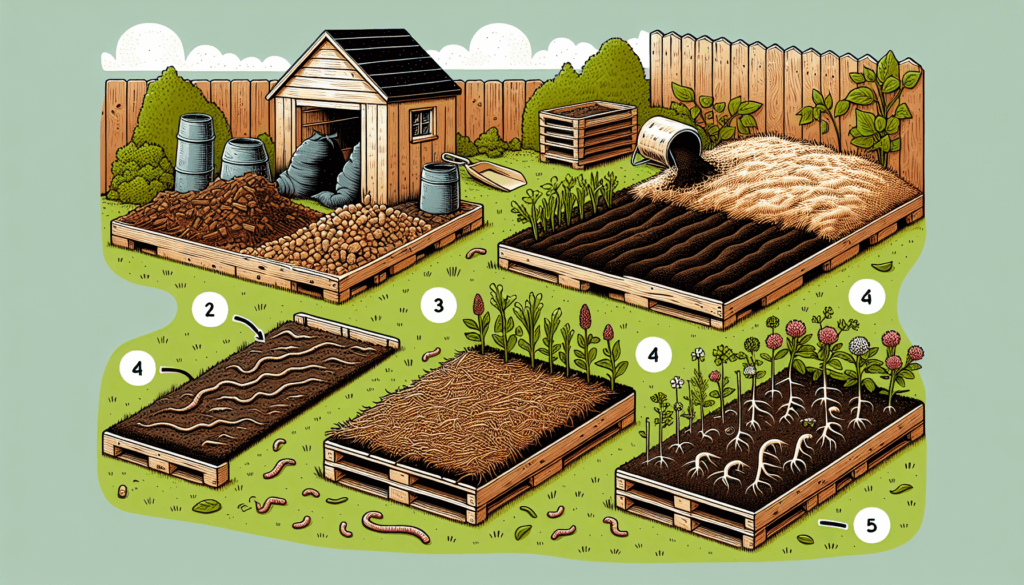
1.5 Using compost in the garden
Once your compost has fully decomposed and turned into a rich, dark brown material with an earthy smell, it’s time to use it in your garden. Here are some ways you can incorporate compost into your gardening routine:
Soil amendment: Mix compost into your existing garden soil to improve its fertility, structure, and moisture-holding capacity. Aim for a ratio of 20-30% compost to soil.
Top-dressing: Spread a layer of compost on top of the soil around your plants to act as a natural mulch. This will help retain moisture, suppress weeds, and slowly release nutrients to the plants.
Seed starting mix: Create a mixture of compost and potting soil to start your seeds. The compost will provide essential nutrients for healthy seedling growth.
Compost tea: Steep compost in water to make a nutrient-rich liquid fertilizer. Use this compost tea to water your plants, providing them with a boost of essential nutrients.
Remember, compost is a valuable resource for your garden. By adding it to the soil, you are providing essential nutrients and improving the overall health of your plants. So don’t let those kitchen scraps and yard waste go to waste – turn them into compost and watch your garden thrive!

